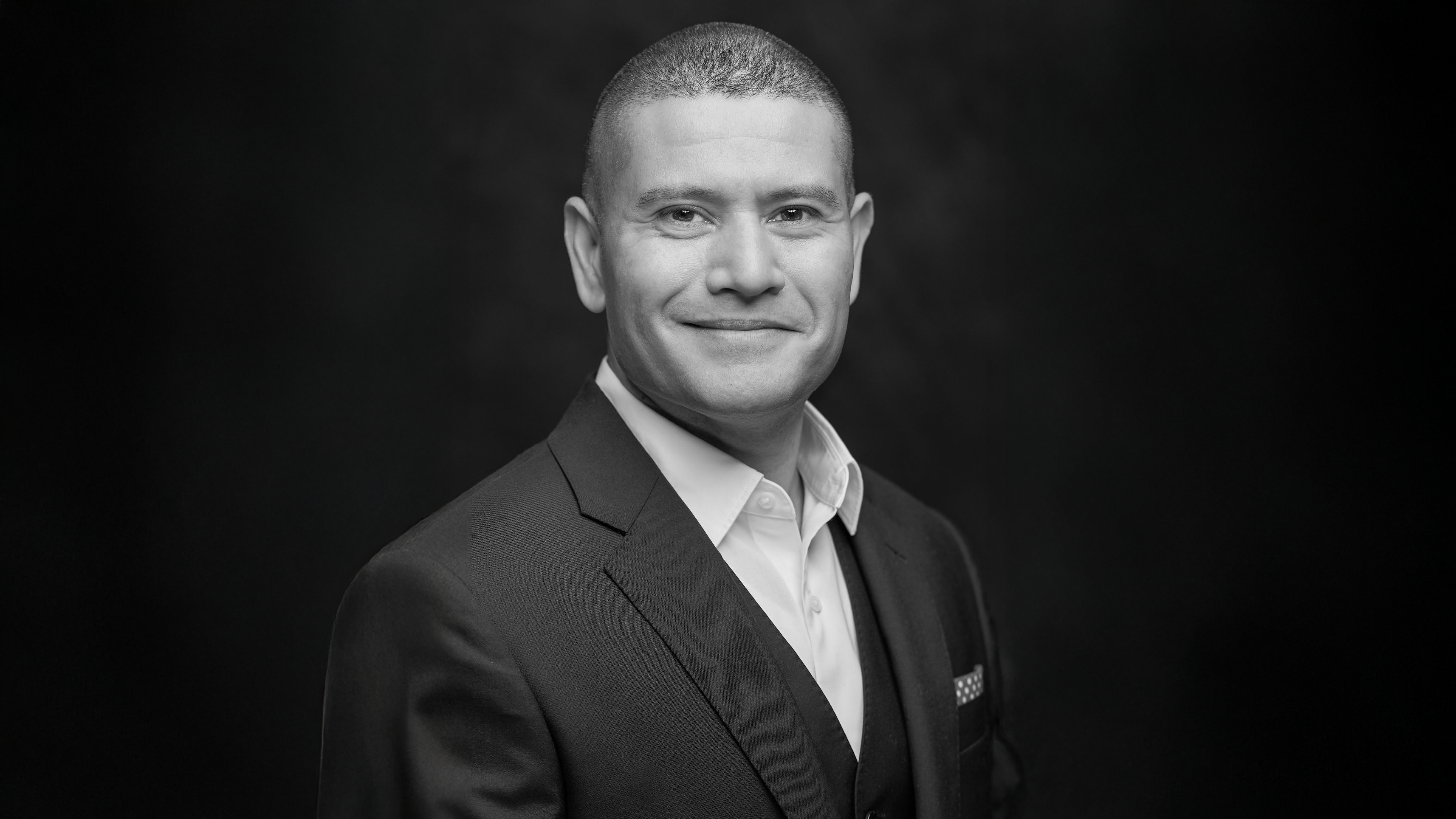CEO Ted Mosler (MBA ‘02) Advocates for the Value of an MBA – Especially for Those with Technology Backgrounds

By Caroline Barnhill
Gilero CEO Ted Mosler grew up with a mind for engineering and a passion for entrepreneurship – but finding the business skills to bridge the gap between the two required education and experience that the Poole College of Management’s Jenkins MBA Program was uniquely positioned to provide.
Mosler grew up in a small town in Ohio and received an undergraduate degree in mechanical engineering from the University of Toledo. A position as a design engineer with Alaris Medical Systems (now Becton, Dickinson and Company) brought him to the Triangle.
“I always felt entrepreneurial and knew early on in my career that I wanted to do something on my own. I figured an MBA program would be a good idea to direct my thought process,” Mosler says.
He began the Jenkins MBA Program in 2000 – attending classes in the evening while working full-time for Alaris. And, as an engineer, Mosler found the courses to be new and eye-opening.
“It was a lot of work, but I found it rewarding and enlightening.”
“It was a lot of work, but I found it rewarding and enlightening. I enjoyed classes in strategy, entrepreneurship and technology commercialization, but I truly learned something in every class,” Mosler says. “Right after graduating in 2002, I started Gilero.”
Now celebrating its 20th year, Morrisville, N.C.-based Gilero is a one-stop shop for the design, development and contract manufacturing of everything from consumable medical devices to complex electromechanical drug delivery systems.
“In the program, you do a lot of team projects, so one thing I immediately took away from the MBA program was the value of teams,” says Mosler. “When launching a company, it is critical that you choose a strong team because at the beginning, you have your hands in everything. I found that having exposure to areas like organizational behavior, human resources and accounting was very helpful. As you grow, you learn how to bring in others that complement your strengths and augment areas of weakness.”
“I’ve had the opportunity to hire more than 100 engineers, the largest group of which come from NC State, and I’ve come back to the Poole College of Management to share my experience in technology and entrepreneurship classes.”
Since launching Gilero, Mosler has stayed connected to the university. “I’ve had the opportunity to hire more than 100 engineers, the largest group of which come from NC State, and I’ve come back to the Poole College of Management to share my experience in technology and entrepreneurship classes. I’ve sought out folks in the supply chain department or other areas, as needed, to grow the business. I also got excellent advice from individuals who served as entrepreneurs-in-residence for the MBA program and still keep in touch with some of them today.”
Beyond that, Mosler’s oldest child is currently an NC State student studying electrical engineering. When his son asked his advice on whether to pursue his master’s in engineering degree, Mosler offered some fatherly advice.
“I told him that my opinion was to look into the MBA program. I’ve hired engineers with master’s degrees and doctorates in engineering, as well as those with an MBA or engineering management degree. I have found that with the MBA, you bring a unique skillset of both technical and business that is very beneficial to the Gilero business model,” Mosler shares.
“Most people who pursue a career in engineering do so because they have an aptitude for it, so it’s important to stretch beyond your comfort zone. Every engineer will be a better engineer if they can build their business skills,” he continues. “Nearly every engineer I know works in a business, so they need to know how to manage budgets, timelines and how to work with others in different functional areas – whether that’s accounting, marketing or sales. If you understand how the business works – the product you design, the machine you build or the system you develop – within the larger ecosystem, it will help you make better decisions as an engineer.”
- Categories:


